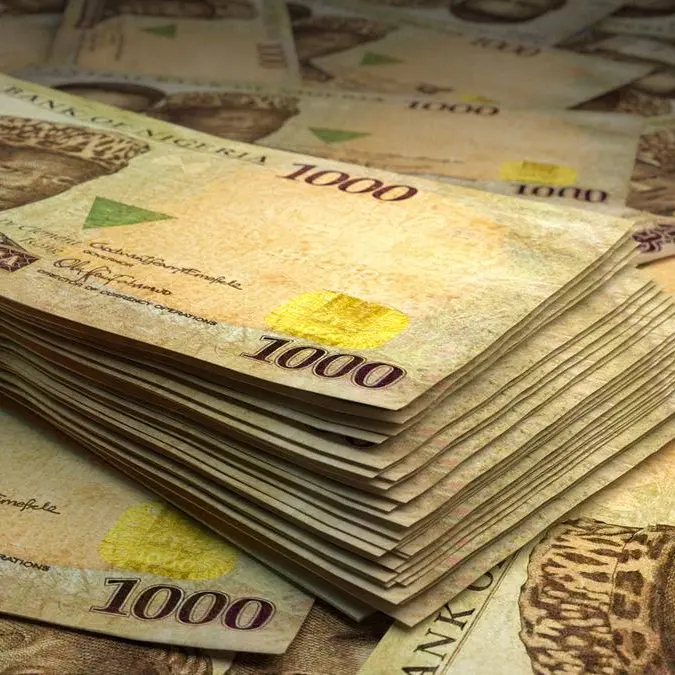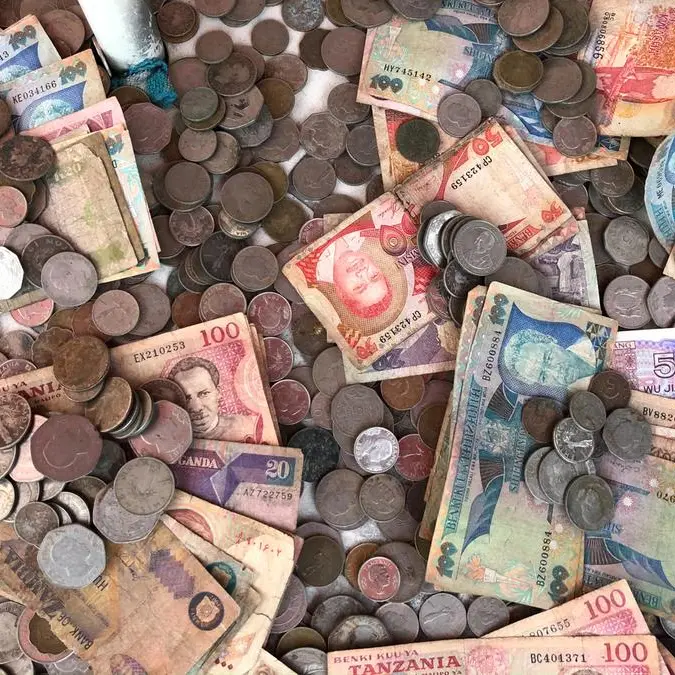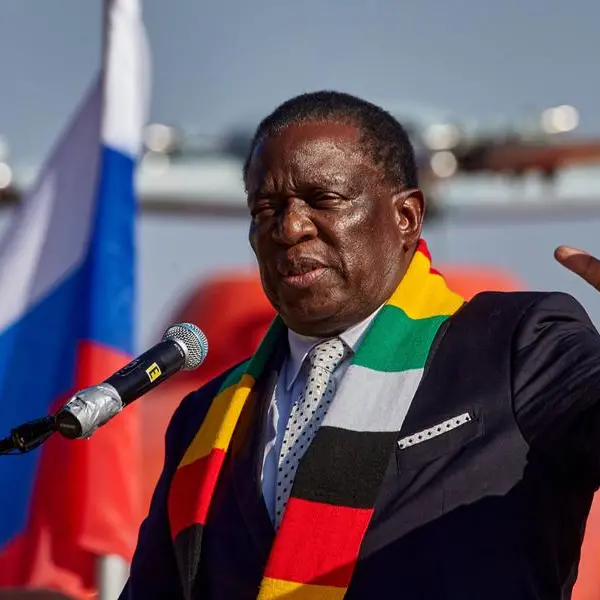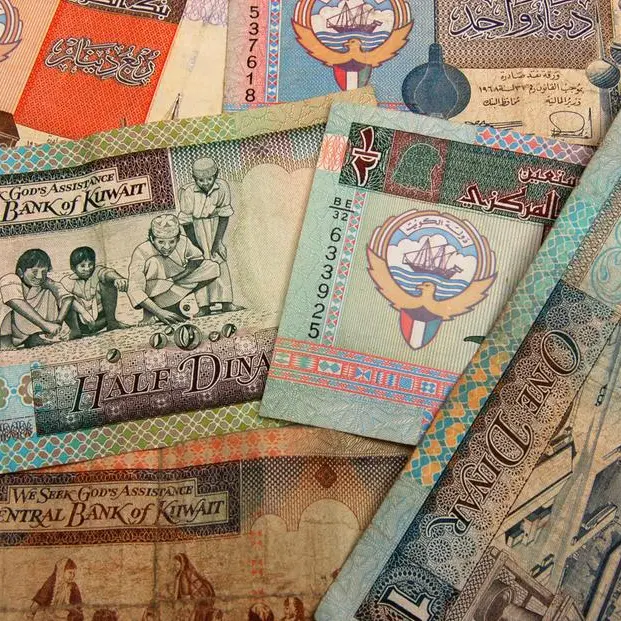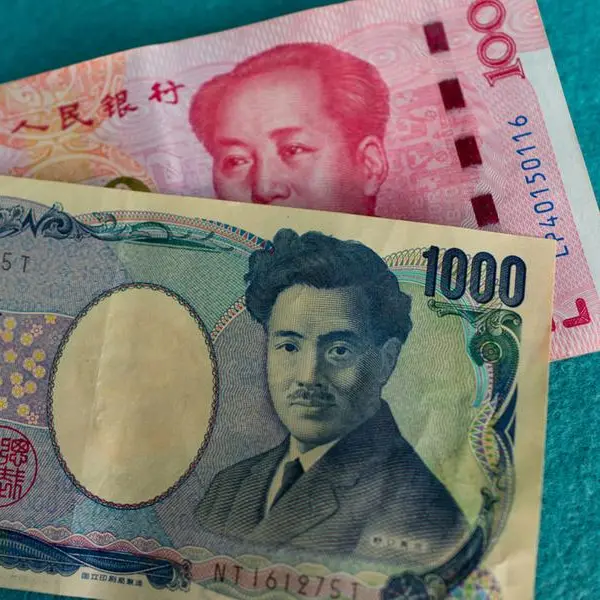Oman has made great strides toward reducing the total public debt. Over the last four years, Oman under the wise leadership of His Majesty Sultan Haitham bin Tarik has once again proven that it possesses all capability to turn potential into reality.
Internationally, the world economies went through a stagnant state; a condition marked by a lack of growth and development. This was due to two main reasons: a sharp drop in oil prices and the spread of Covid-19 pandemic, both of which have a significant effect on economies around the world.
To face these circumstances, Oman, during the last years of the reign of the late His Majesty Sultan Qaboos, had no recourse left but to borrow money from international sources. But, by the time His Majesty Sultan Haitham bin Tarik ascended the throne, Oman’s public debt had already reached the highest point of more than RO 15 billion by 2020.
Without adopting the fiscal intervention, Oman could have faced far-reaching economic consequences, potentially impacting the country's financial stability.
Other countries that fall into a state of being under obligation to pay or repay its debts make strenuous efforts in the face of such difficulties. Countries adopt a series of austerity measures that would adversely affect the welfare of the people.
Oman, however, has been able to sort out its financial issues by paying off loans in phases. As a result, the total public debt has dropped from RO 15.3 billion at the end of 2023 to RO 14.5 billion. This contributed to a decline in the public debt-to-GDP ratio from 36.5 per cent at the end of 2023 to 33.9 per cent during the first half of this year.
From the early days into the throne, His Majesty the Sultan has put economic reforms as his top priority. It has been His Majesty’s firm belief that the economy merits attention before other sectors. The measures and practices as per the Royal directives aim at optimising and controlling spending to achieve efficiency and reduce unnecessary expenses, leading eventually to the rationalisation of expenditure.
To this effect, Oman has adopted a set of policies and measures to achieve financial stability and reduce the financial burden. This includes controlling government spending, while increasing government revenues by imposing new taxes and modifying the tax structure.
Hand in hand with such measures, policies with an aim to stimulate economic growth have been introduced to create an environment conducive of economic growth for foreign investors, while providing incentives for small and medium enterprises.
Another important step taken by Oman has been to diversify the economy by relying on other sources of income and reducing dependence on the oil sector, so that the country’s investment portfolio is balanced by dividing funds among different sectors such as tourism, industry, and agriculture.
All such measures are taken in line with Oman Vision 2040, which further pays special attention to transparency and accountability, to ensure that resources are carefully spent and government spending strictly adheres to allocated budgets.
Oman can now enjoy reasonable self-esteem and confidence and satisfaction in the country’s ability to handle economic contingencies as the total public debt is declining.
In fact, Oman, lucky to have a leadership marked by keen discernment and a capacity for sound judgement, shall have a strong and diverse economy. Characterised by careful management of resources, thrifty and efficient use of material resources, and frugality in expenditures, the country’s economy witnesses a rapid growth and expansion, along with nation-wide practical and industrial significance.
2022 © All right reserved for Oman Establishment for Press, Publication and Advertising (OEPPA) Provided by SyndiGate Media Inc. (Syndigate.info).


